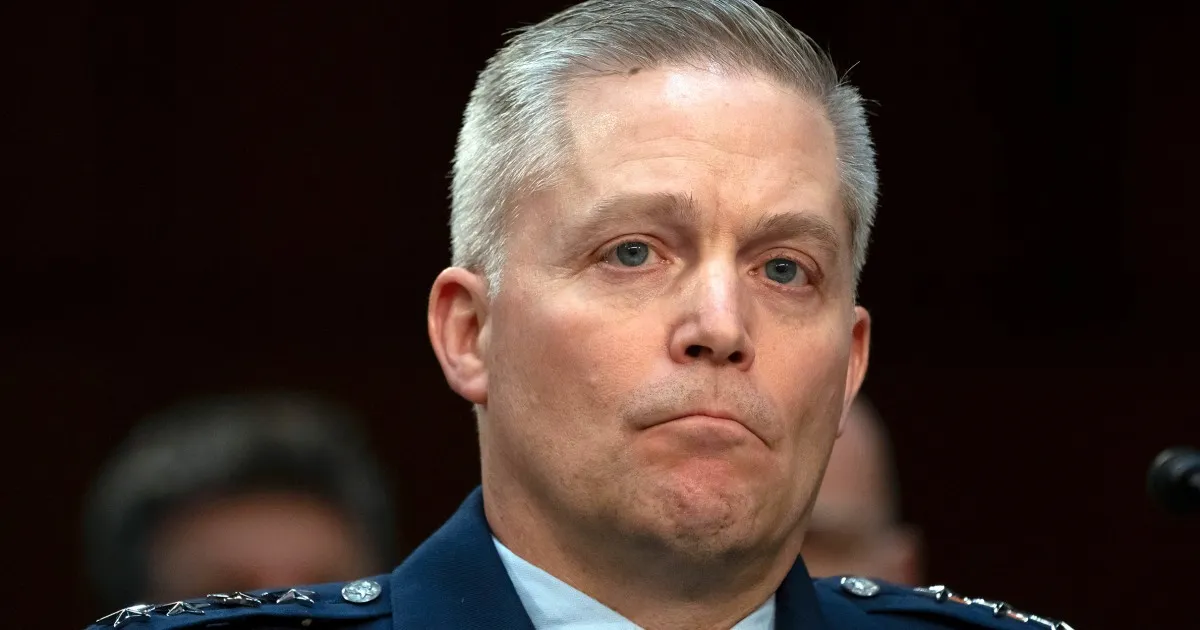
In a surprising turn of events, Air Force Gen. Timothy Haugh and his deputy, Wendy Noble, were ousted from their positions at the National Security Agency (NSA) on Thursday. According to a defense official and three sources familiar with the situation, the reasons behind the dismissals remain unclear. The White House National Security Council has yet to respond to requests for comments regarding these significant changes in leadership.
General Haugh, who was not only the director of the NSA but also the head of U.S. Cyber Command, had been serving in this critical role since February 2024. With over 30 years of experience in the Air Force focusing on intelligence and cyber operations, Haugh brought a wealth of knowledge to the agency. His academic background includes a degree in Russian studies, further enhancing his expertise in national security matters.
Wendy Noble, the agency’s senior civilian leader, has been a dedicated part of the NSA since 1987, working her way up through the ranks to achieve her prominent position. Both Haugh and Noble are regarded as career officials, known for their commitment to national security and intelligence integrity.
The abrupt firings have sparked outrage among Congressional Democrats. Representative Jim Himes of Connecticut, who serves as the top Democrat on the House Intelligence Committee, expressed his deep concerns regarding General Haugh’s removal. "I am deeply disturbed by the decision to remove General Haugh as Director of the National Security Agency. I have known him to be an honest and forthright leader who followed the law and prioritized national security," Himes stated. He further emphasized the need for an immediate explanation, asserting that these actions could potentially jeopardize national safety.
Former senior intelligence official Larry Pfeiffer described the dismissals as "unprecedented," raising alarms about the implications for national security. "America should worry when politicians want to control the individuals responsible for the world’s most powerful eavesdropping capabilities," Pfeiffer remarked. He noted that historically, presidents have relied on the advice of the defense secretary and the CIA director when making appointments to lead the NSA, highlighting a shift in the traditional approach to intelligence leadership.
The dismissal of General Haugh and Wendy Noble marks a significant moment in the history of the NSA, raising questions about the future direction of U.S. intelligence operations. As the situation develops, it remains crucial for both the intelligence community and the American public to seek clarity on these changes and their potential impact on national security.